Researchers could use quantum effects to develop new types of medical imaging inside cells themselves.
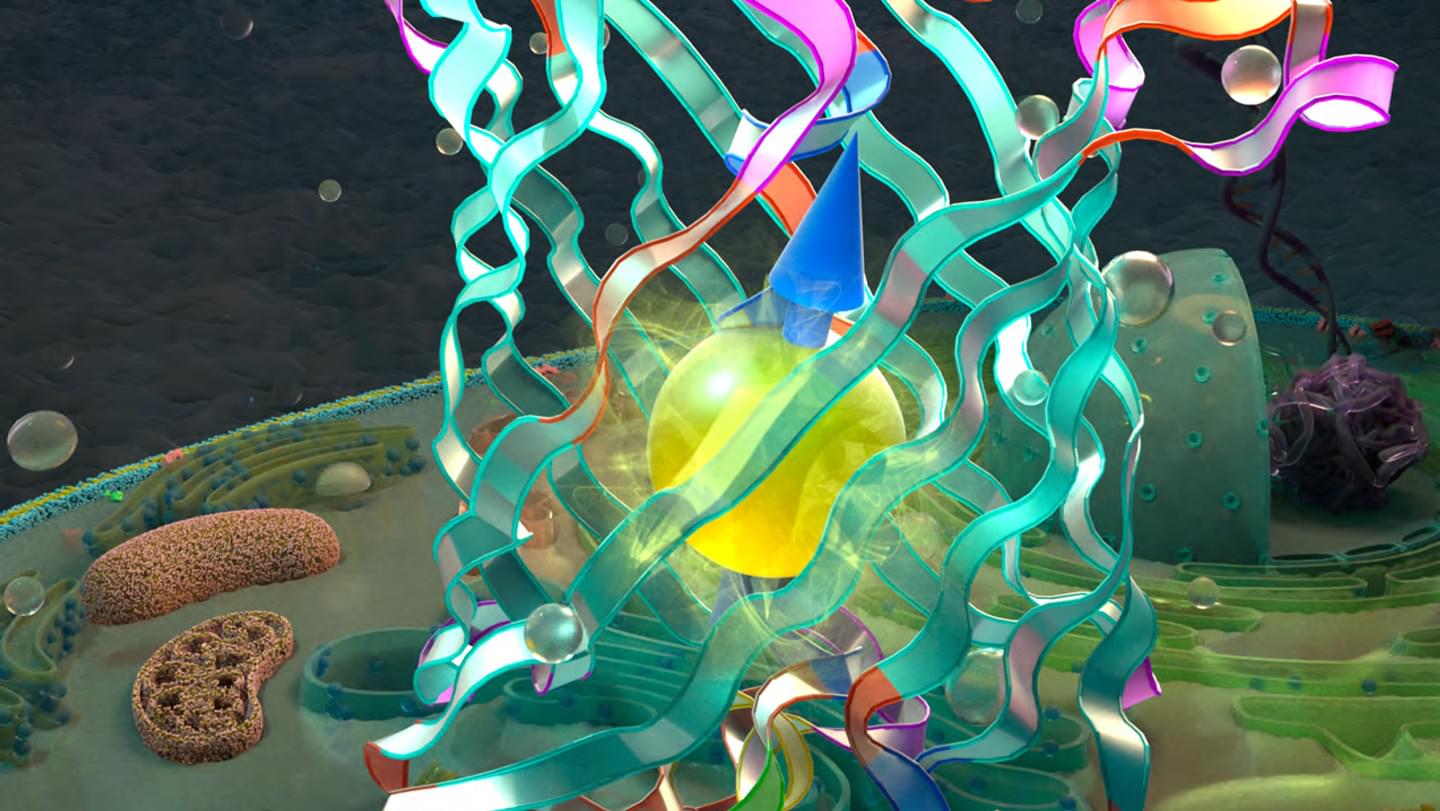

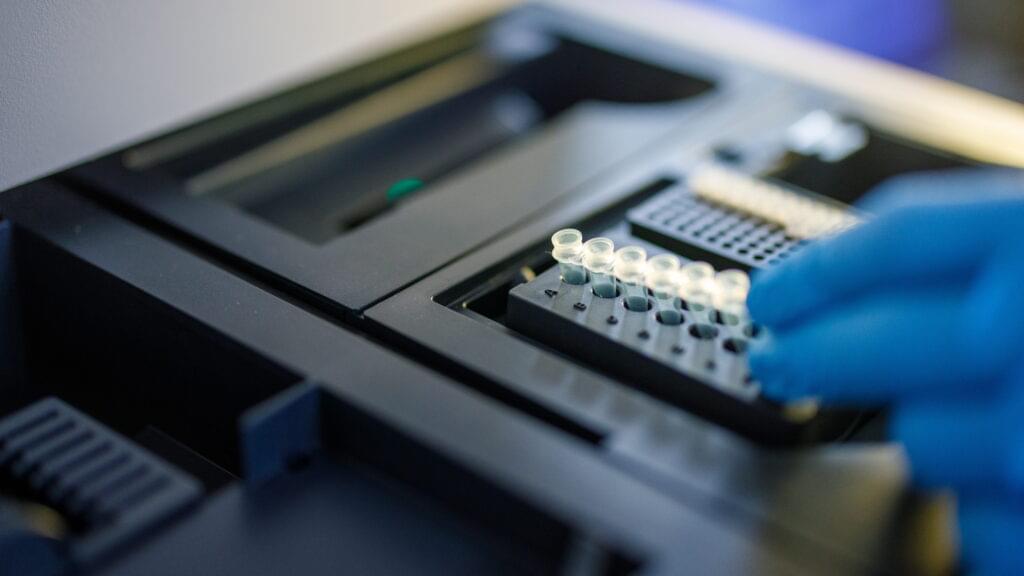
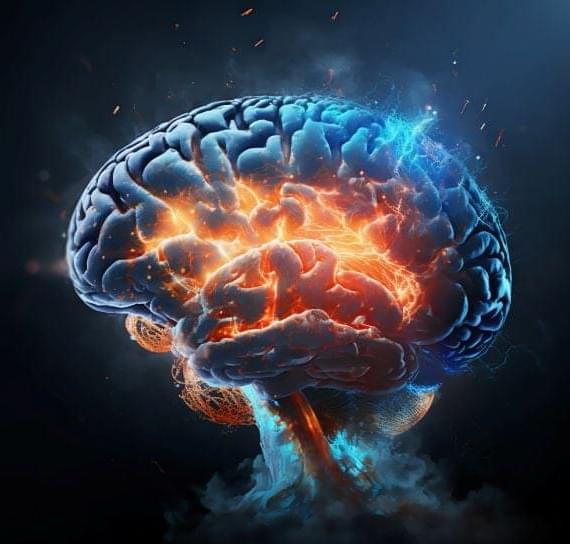
Maryland-based biotech Galimedix Therapeutics is ready to take a big swing on its oral Alzheimer’s disease candidate after no serious adverse events were reported and the small molecule successfully crossed the blood-brain barrier in a phase 1 trial.
The first-ever clinical trial for GAL-101 tested single and multiple ascending doses of the asset in more than 100 healthy volunteers, Galimedix reported in a Sept. 12 release. The company is now initiating fundraising for a phase 2 trial.
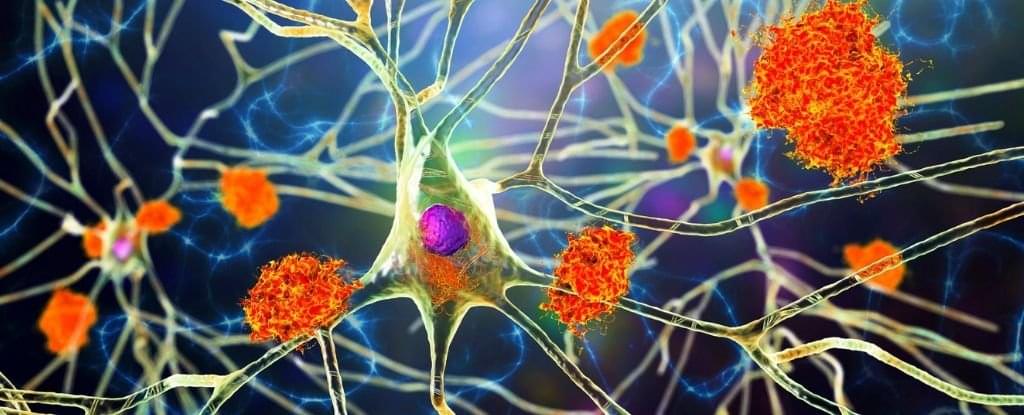
UK researchers on Wednesday announced the trial of a blood test for Alzheimer’s, which it is hoped will transform the diagnosis of the disease.
Researchers at University College London (UCL) will assess whether the test could improve the accuracy of diagnosis from 70 percent to over 90 percent.
Medics say early diagnosis is critical with Alzheimer’s, which is the most common cause of dementia, as the earlier treatment is started, the more effective it is.
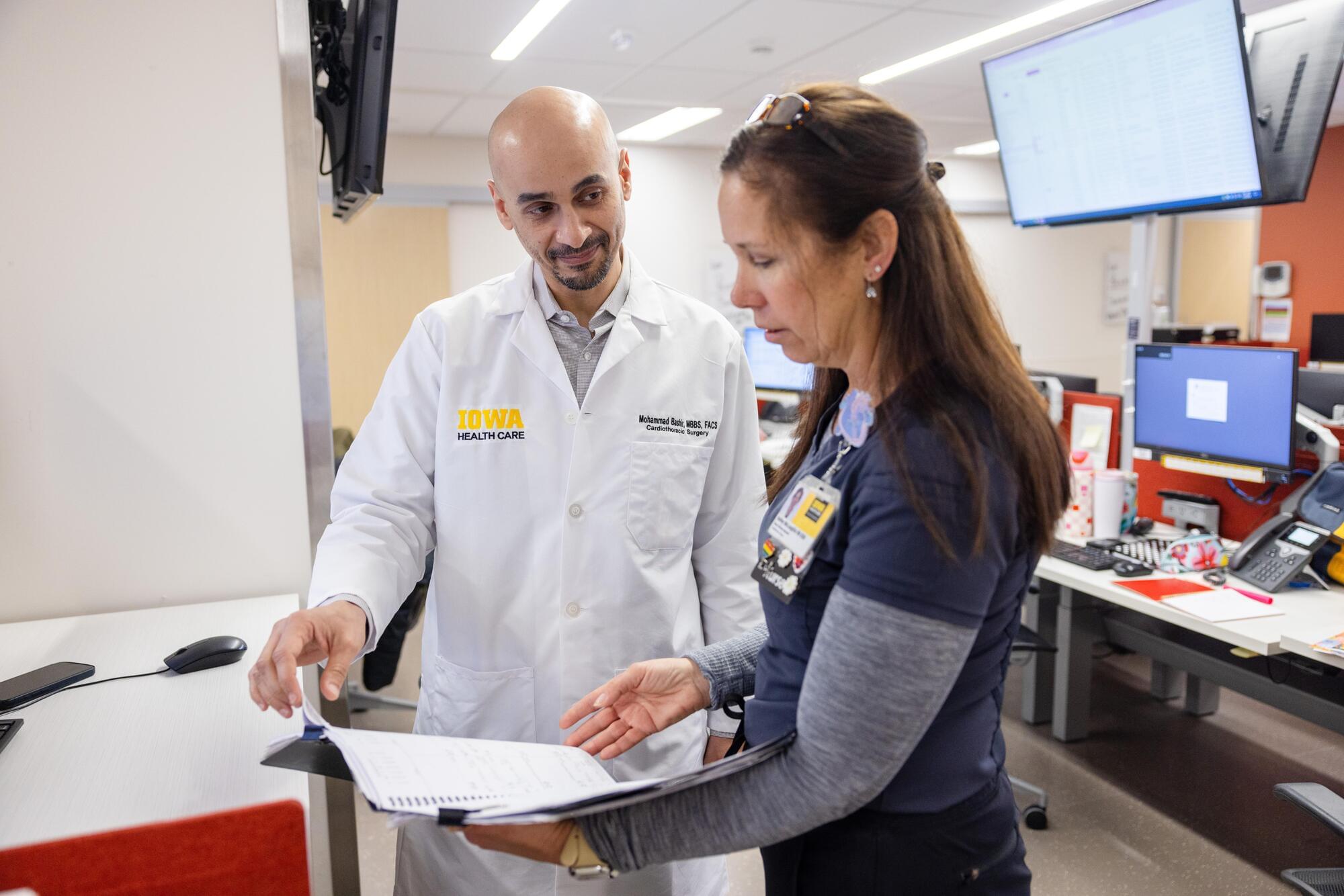
King George, Albert Einstein, John Ritter, Richard Holbrooke, George C Scott, Lucille Ball, Betty Garrett, Walter Huston, Humphrey Lyttleton, Marilyn Chambers, and Michael Rennie all died from the same thing, Aortic dissection however the FDA recently approved AMDS Hybrid Prosthesis is helping change that by greatly inproving survival and recovery rates. UI Health Care is the first in Iowa to implant a patient with the recently approved AMDS Hybrid Prosthesis.
Patients who experience a specific type of aortic tear now have a new treatment option available at UI Health Care. The AMDS Hybrid Prosthesis, the world’s first aortic arch remodeling device, was recently approved for DeBakey Type 1 aortic dissection patients.
DeBakey Type 1 aortic dissection is a tear in the inner layer of the wall of the aorta—the main artery that carries oxygen-rich blood to the rest of the body. An aortic dissection causes blood to flow between the wall layers, which slows or stops normal blood flow and can lead to a complete rupture of the aorta. The condition is emergent, life-threatening, and requires immediate surgical repair.
The current treatment option involves removing a portion of the damaged aorta and grafting a synthetic tube in its place. These procedures are successful but often fail to treat the remainder of the diseased aorta, which can result in complications and the need for additional procedures in the future.
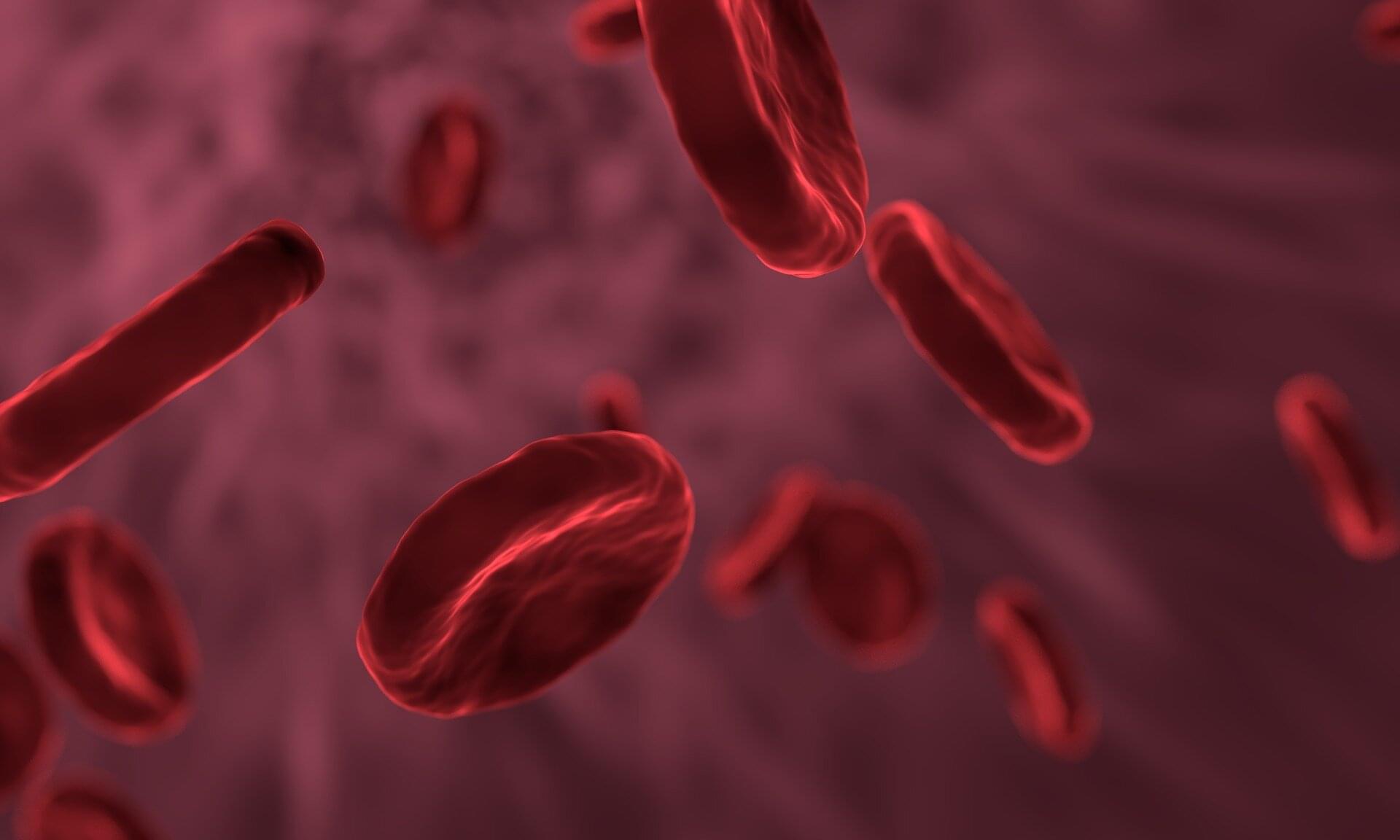
Researchers at Emory Goizueta Brain Health Institute and partner institutions have found new clues in the blood that could help explain why Alzheimer’s disease develops and how it affects memory.
The study, published in Nature Aging, examined blood samples from more than 2,100 individuals across four large research cohorts. Using advanced tools, scientists measured thousands of proteins in the blood and linked them to changes in the brain and thinking ability.
Traditionally, doctors have focused on sticky amyloid plaques in the brain as a hallmark of Alzheimer’s.
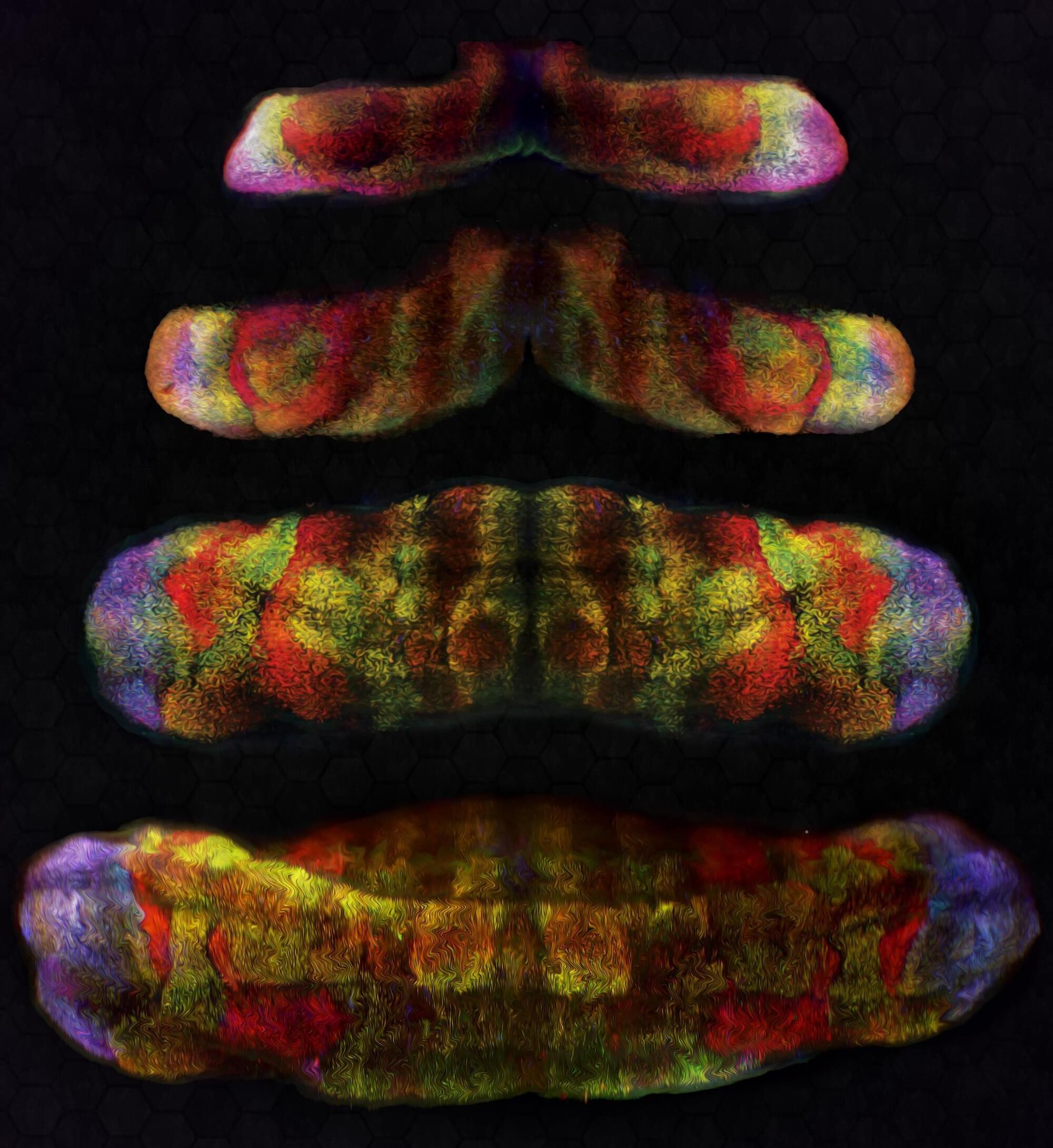
The cerebellum, a brain region located at the back of the head that has long been known to support the coordination of muscle movements, has recently also been implicated in more sophisticated mental functions. Purkinje cells are the only neurons located in the cerebellum that integrate information in the cerebellar cortex and send it to other parts of the nervous system.
Purkinje cells are large and highly branched nerve cells that can have different functions. While many past studies have explored the roles of these cells, the neural and genetic processes shaping their diversity have not yet been fully elucidated.
Researchers at the University of Connecticut School of Medicine recently carried out a study aimed at exploring the possible role of the FOXP genes, a family of genes known to contribute to switching other genes “on and off,” in shaping Purkinje cell populations and the formation of circuits in the cerebellum. Their findings, published in Nature Neuroscience, hint at the existence of at least 11 different Purkinje cell subtypes, suggesting that the FOXP1 and FOXP2 genes contribute to their diversification.
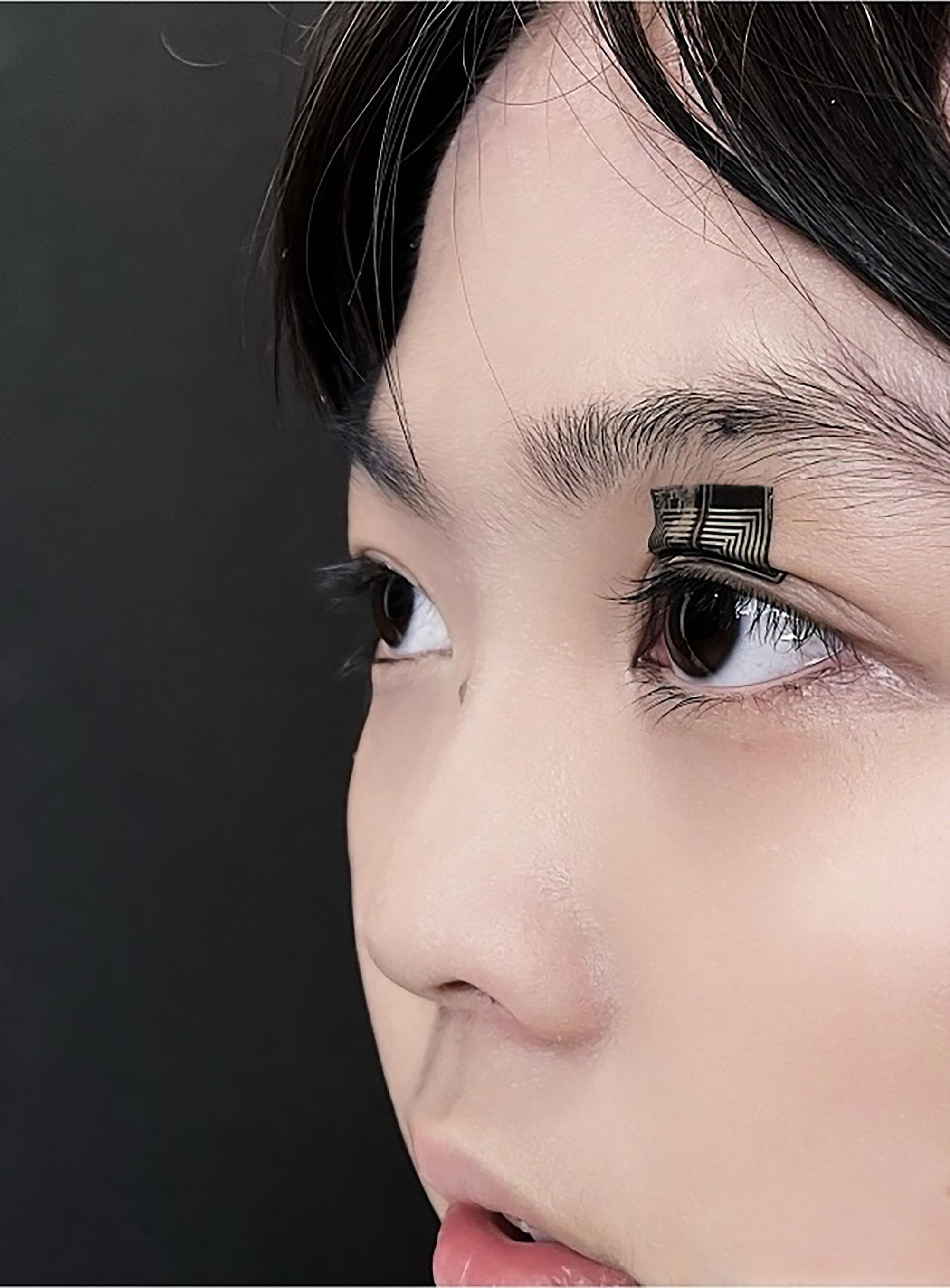
Over the past few decades, electronics engineers have developed increasingly sophisticated sensors that can reliably measure a wide range of physiological signals, including heart rate, blood pressure, respiration rate and oxygen saturation. These sensors were used to create both biomedical and consumer-facing wearable devices, advancing research and the real-time monitoring of health-related metrics, such as sleep quality and physiological stress.
Fatigue, a mental state marked by a decline in performance due to stress, lack of sleep, excessive activity or other factors, has proved to be more difficult to reliably quantify. Most existing methods for measuring fatigue rely on surveys that ask people to report how tired they feel, a method to record the brain’s electrical activity known as electroencephalography (EEG) or camera-based systems.
Most of these approaches are unreliable or only applicable in laboratory settings, as they rely on subjective evaluations, bulky equipment or controlled environments. These limitations prevent their large-scale deployment in everyday settings.
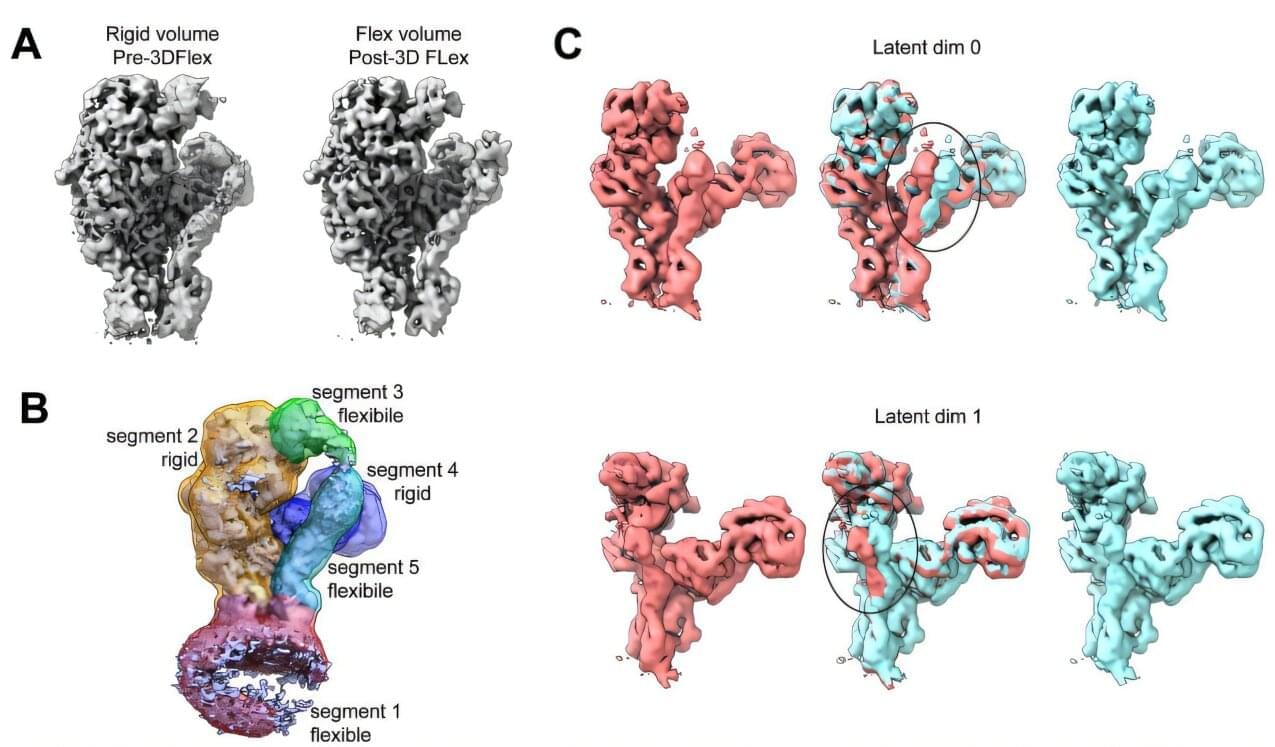
If you’ve ever accidentally sliced yourself on broken glass or a piece of paper, you may have noticed that the bleeding can be hard to stop. Scientists have long wondered how the cascade of events that leads to blood clotting is triggered, especially since the process has life and death consequences. Too little clotting and you bleed out, while too much can cause a heart attack or stroke.
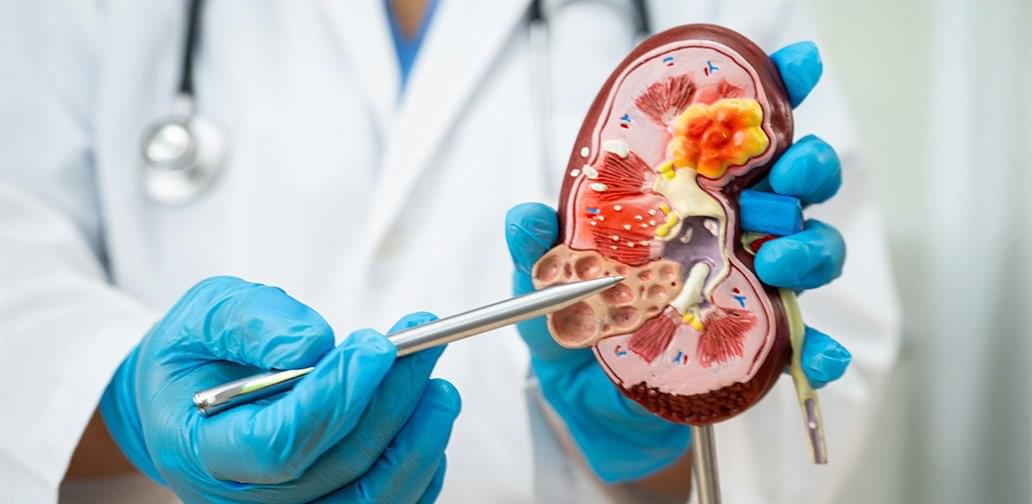
Chronic kidney disease (CKD) is a major health issue worldwide. Many patients end up requiring regular dialysis to avoid kidney failure and stay alive. Despite the severity of the condition, there are currently no drugs available that improve kidney function. A research group led by Tohoku University Graduate School of Medicine’s Professor Takaaki Abe has found a remarkable solution to treat patients with CKD by co-opting a drug typically used for constipation. This is the first time that this drug (lubiprostone) was shown to prevent the decline of renal function in patients with CKD.
“We noticed that constipation is a symptom that often accompanies CKD, and decided to investigate this link further,” explains Abe. “Essentially, constipation disrupts the intestinal microbiota, which worsens kidney function. Working backwards, we hypothesized that we could improve kidney function by treating constipation.”
To address this issue, the group conducted a multicenter Phase II clinical trial (LUBI-CKD TRIAL) at nine Japanese medical institutions, enrolling 150 patients with moderate CKD. This study evaluated the effects of lubiprostone on kidney function. The results showed that, compared to the placebo group, the decline in kidney function (defined as the estimated glomerular filtration rate: eGFR) was suppressed in a dose-dependent manner in patients treated with 8 µg or 16 µg of lubiprostone.
A drug called lubiprostone — typically used for constipation — was remarkably shown to help patients with chronic kidney disease.